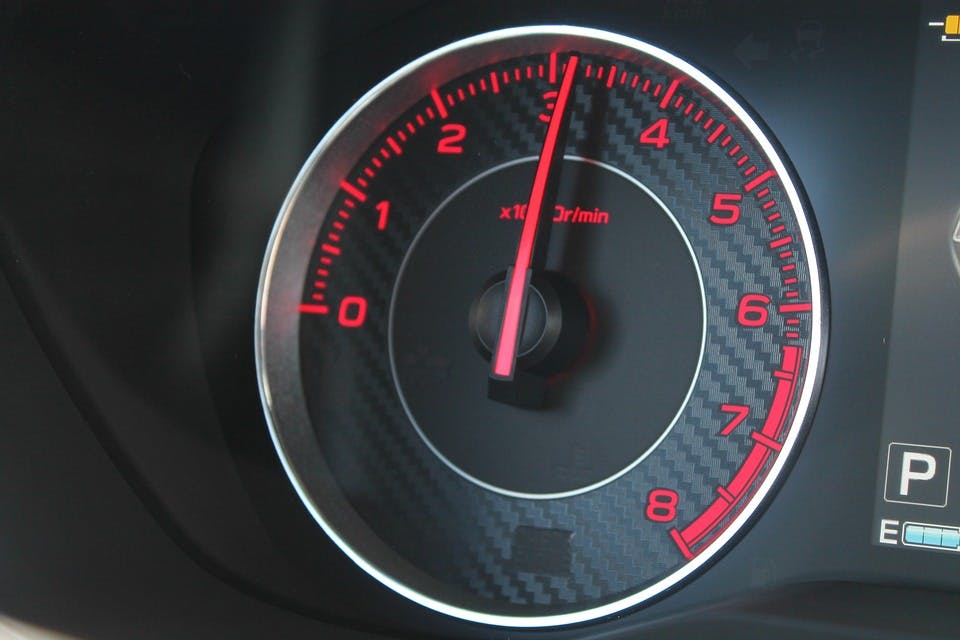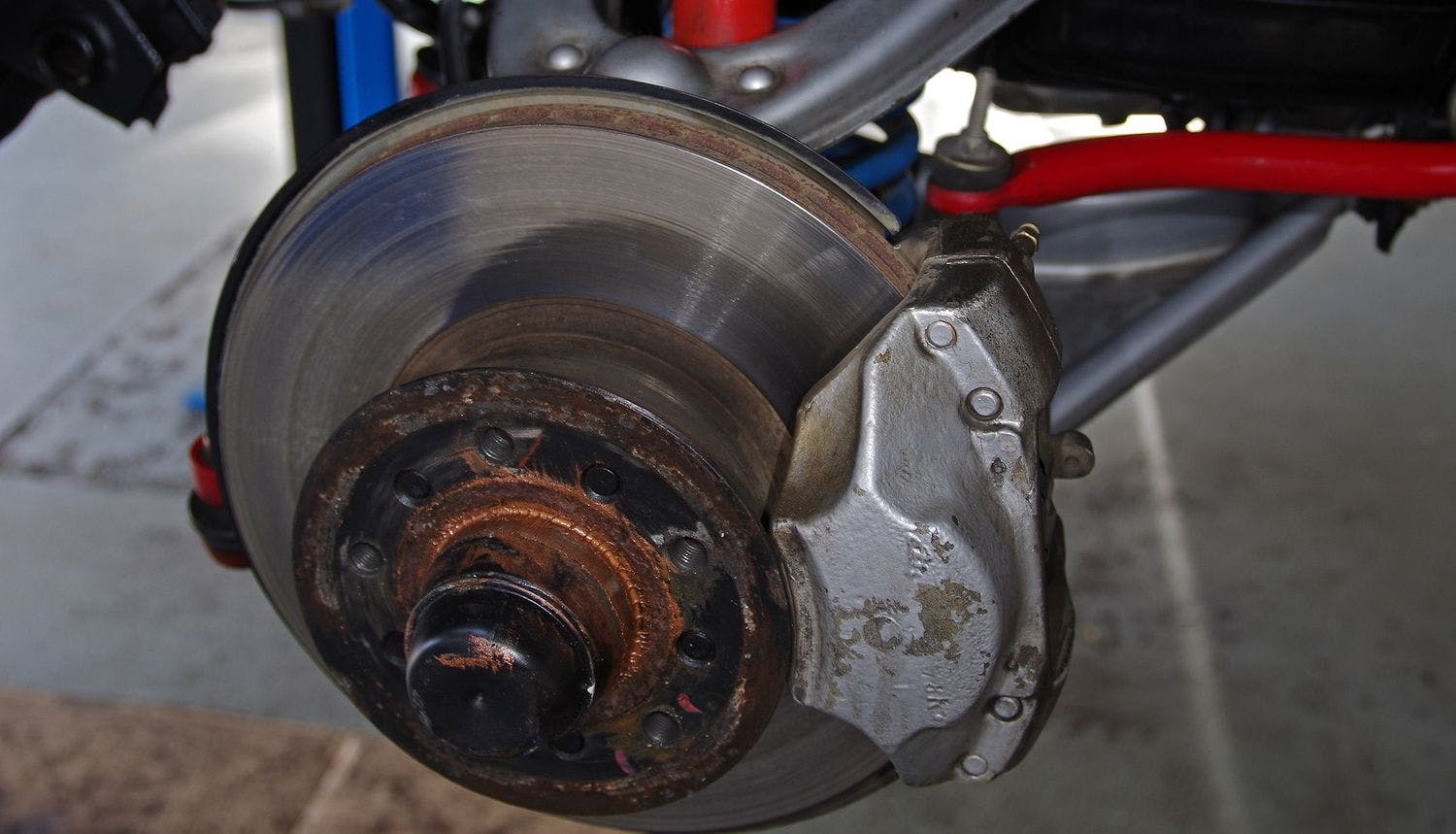Engine braking - How does it work, and is it harmful?

Engine braking is a driving style that can reduce fuel consumption but also the wear and tear of the car's brake parts. Many drivers want to reduce fuel consumption for obvious reasons, but instead of changing their driving style, they buy a new car with a proclaimed excellent fuel economy.
The proclaimed fuel economy from the specs almost always differs from real fuel consumption. There are several ways to improve your car's fuel economy, and engine braking is one of them.
Inhoudsopgave
How does engine braking work?
Engine braking is a simple concept and can be achieved by gradually shifting down to a lower gear without pressing the gas pedal. By doing so, the car starts decelerating with the engine's power and not using the brakes.
Engine braking is more efficient on bigger engines with more cylinders. Such engines try to suck in more air during engine braking, which creates greater negative pressure, significantly slowing down the pistons. However, the braking power of the engine also depends on the compression ratio. The higher it is, the greater the braking power of the engine.
There is a difference in how the engine braking works between gasoline and diesel engines.
Engine braking for a gasoline engine
In the case of a gasoline engine, when you let your foot off the throttle, the throttle valve closes, preventing air from entering the intake, which creates a vacuum that slows the pistons. In addition, the pistons also slow down because fuel does not reach the combustion chamber.
Engine braking for a diesel engine
In the case of a diesel engine, the back pressure in the exhaust pipe is increased by lowering the speed of the turbocharger after stepping on the throttle. This back pressure slows down the engine pistons, causing the car to slow down.
Engine braking benefits
Improved fuel economy
Less wear and tear on your brake pads, brake discs, and other brake parts
Reduced risk of overheating your brakes in certain situations (such as long steep descents)
In most modern cars, the fuel injection is shut off if you're in gear and let your foot off the gas pedal. Thus you're not injecting and burning any fuel.

The other two mentioned benefits positively impact your brakes and brake parts. By using your engine to slow down, you're not using your brakes at all at that moment, which means they will last longer. The brake pad warning light will not show up so early.
Additionally, you'll limit the risk of overheating the brakes and causing brake fade on long steep descents.
Is the engine braking harmful in some way?
Some people might fear that engine braking is harmful to the engine itself since by shifting down to lower gear, there might be a spike in revs. The most common misconception is that it can put too much heat into your engine, especially during those long steep descents.
Remember that you're not injecting any fuel by having your foot off the throttle while you're in gear. In such a scenario, very little heat is going into the engine. Thus when it comes to engine braking, there's nothing to worry about from the heat standpoint.
Conclusion
Despite the advantages of engine braking, many drivers do not use it and prefer to shift into neutral and let the car "sail." When shifting to neutral gear, the car does not slow down when driving downhill but instead speeds up, which can be dangerous. However, when switching to neutral, a small amount of fuel still enters the engine, so you're burning some fuel.
All in all, driving style is a personal matter and depends on circumstances, though there's no doubt that the engine braking should have a place under your driver's toolbelt.